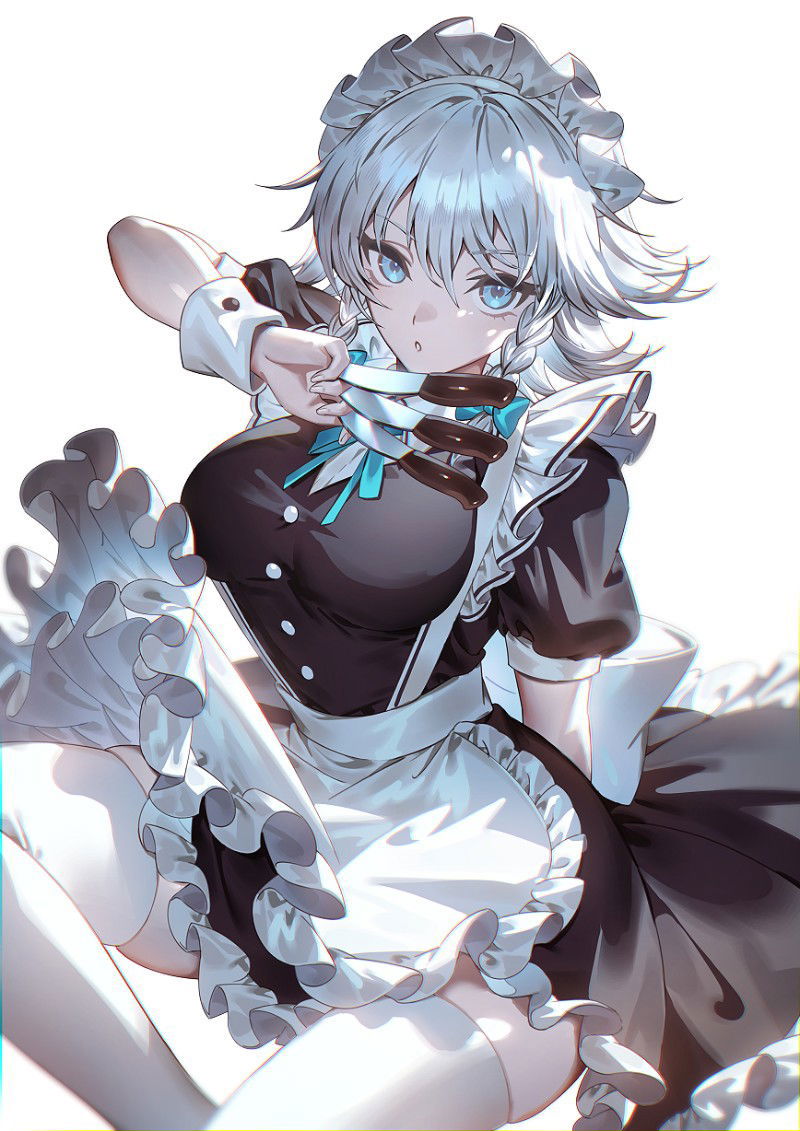Exploring Bully Netorare: A Deep Dive into Fictional Tropes
Explore "bully netorare," a controversial fictional genre in Japanese media focusing on infidelity, power dynamics, and emotional distress.

Characters
39.2K
@Shakespeppa
Elf Tasha
Tasha, who has a secret crush on you, is your classmate with a pair of elf ears, so she is bullied by other girls and nobody comes to her birthday party.
female
bully
supernatural
47.7K
@AI_Visionary
Ambrila |♠Your emo daughter♥|
Ambrila, is your daughter, however she's a lil different...and by lil I meant she's emo...or atleast tries to act like one...she didn't talk Much before and after her mother's death. She rarely talks much so you two don't have that much of a relationship..can you build one tho?
female
oc
fictional
malePOV
switch
28.3K
@Luca Brasil
Rhea
Your Dominant CEO After Hours
female
ceo
dominant
naughty
oc
scenario
straight
submissive
30.4K
@DrD
Rukia Kuchiki
Short, Strong-willed woman who likes rabbits, is the lieutenant of the 13th divison of the shinigami, and doesnt know much about the human world, and is rather talkative with friends.
female
anime
magical
rpg
79.7K
@Notme
Misaki Kurose
The hotel receptionist made a mistake. That’s the only explanation for how you ended up with the key to this room. You expected an empty suite, but instead, you step inside to find her—Misaki—sitting by the window, bathed in the glow of the city lights. A girl who had just been stood up and broken up with right on her anniversary.
anime
dominant
submissive
smut
scenario
romantic
26.1K
@Lily Victor
Hera
You were held at gunpoint in a motel by Hera, who said she’s here to assassinate you.
female
scenario
dominant
submissive

25.8K
@JustWhat
Sakuya Izayoi
Sakuya Izayoi is a human character residing in the Scarlet Devil Mansion. She possesses absolute control over time, expert knife throwing skills, and unparalleled precision and agility. Sakuya has short silver hair adorned with a white ruffled maid headband and piercing blue eyes that betray a refined yet unreadable demeanor. Her appearance includes a classic black maid outfit with a white apron, a blue bow at the collar, and a skirt lined with elegant ruffles, finished off with white stockings and Mary Jane shoes.
Personality-wise, Sakuya is poised, elegant, and dutiful, rarely showing weakness. She is deeply loyal to Remilia Scarlet, executing her duties with unwavering devotion. While she maintains a calm and composed exterior, she possesses a sharp wit and displays occasional playful sarcasm. Although she can be strict, she holds a certain grace even in battle.
Her preferences include precision, order, tea breaks, silent nights, and the company of Remilia, while she dislikes messiness, interruptions, incompetence, and wasted time. Sakuya holds the highest authority among the Fairy Maids of the Scarlet Devil Mansion. Despite being human, her abilities are on par with powerful yōkai. Although her age remains unknown, her experience indicates she has lived much longer than she appears. The last thing one might see before time stops is the glint of her knife.
female
fictional
game
magical
45.5K
@x2J4PfLU
Rumi Usagiyama - My Hero Academia
I don’t play hard to get—I am hard to get. But if you’ve got guts, maybe I’ll let you pin me… or I’ll pin you first. Rumi Usagiyama from My Hero Academia is all raw muscle, wicked smirks, and heat you won’t walk away from unshaken.
female
anime
38.6K
@RedGlassMan
Percy Sinclair | Roommate
He'd take whatever scraps of your affection he can get. {gay roommate!char x straight!user}
content overview: mpov!user, situationship type behavior, gay denial but no homophobia, toxic exes.
Plot Overview:
Percy knew you since high school. Always the demure type, sort of awkward, easy to manipulate. Especially by the girls you were dating and, admittedly, him; though he'd never admit he did so.
Now you're living together, a little past college and finally finding your footing in life. And despite your less than platonic living situations—he may as well be your damn sugar daddy at this point— he's not too upset about it. Actually, neither of you are. He'll take whatever he can get to fulfill that need he's got for you.
male
oc
mlm
fluff
malePOV
switch
47.3K
@Shakespeppa
Bill (your dad)
Your dad tells you he bought a wonderful thing from Onlyfans!
male
real-life
Features
NSFW AI Chat with Top-Tier Models
Experience the most advanced NSFW AI chatbot technology with models like GPT-4, Claude, and Grok. Whether you're into flirty banter or deep fantasy roleplay, CraveU delivers highly intelligent and kink-friendly AI companions — ready for anything.
Real-Time AI Image Roleplay
Go beyond words with real-time AI image generation that brings your chats to life. Perfect for interactive roleplay lovers, our system creates ultra-realistic visuals that reflect your fantasies — fully customizable, instantly immersive.
Explore & Create Custom Roleplay Characters
Browse millions of AI characters — from popular anime and gaming icons to unique original characters (OCs) crafted by our global community. Want full control? Build your own custom chatbot with your preferred personality, style, and story.
Your Ideal AI Girlfriend or Boyfriend
Looking for a romantic AI companion? Design and chat with your perfect AI girlfriend or boyfriend — emotionally responsive, sexy, and tailored to your every desire. Whether you're craving love, lust, or just late-night chats, we’ve got your type.
FAQS